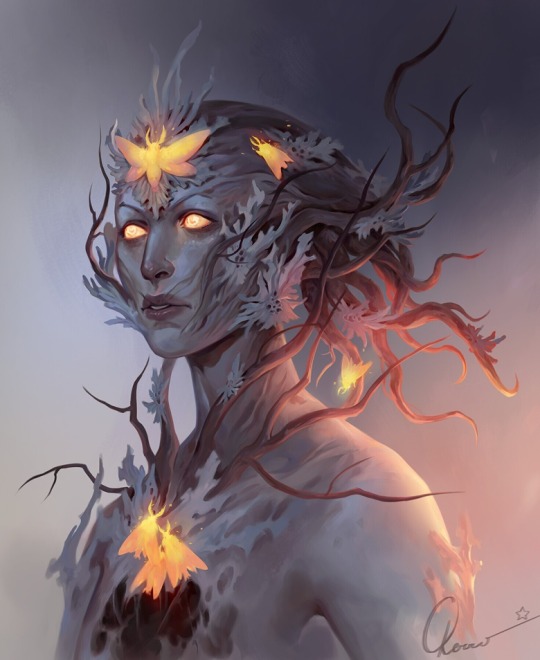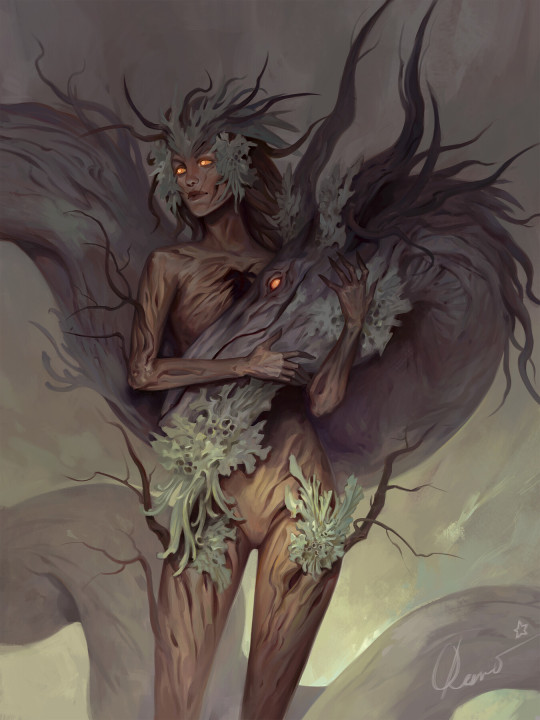#lichen moth
Text

Banded Orange Lichen Moth (Wittasura lineatus), family Erebidae, Ubud, Bali, Indonesia
photograph by Marcel Silvius
487 notes
·
View notes
Photo

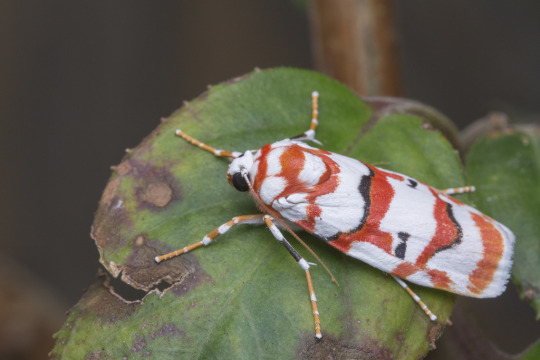


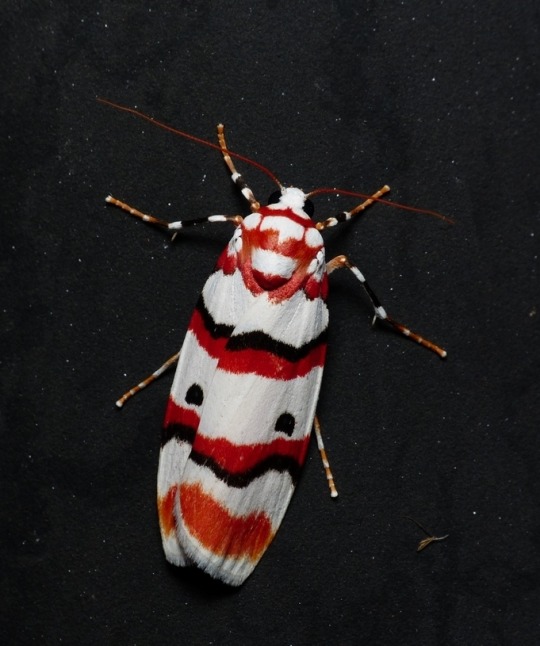
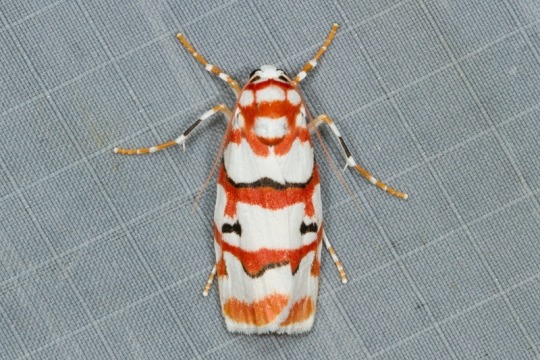

Red-striped lichen moth, Cyana malayensis, Erebidae
Found in Southeast Asia
Photo 1 by gancw1, 2-4 by budak, 5 by cbernz, and 6-7 by dhfischer
#animals#curators on tumblr#insects#bugs#moth#tiger moth#lichen moth#red striped lichen moth#Erebidae#one nice bug
2K notes
·
View notes
Photo

obsessed with my new wood pin designs! these are available now :)
#online store#wood pins#dark naturalism#nature art#moths#lichen moth#snakes#old books#bookish aesthetic#original
428 notes
·
View notes
Text
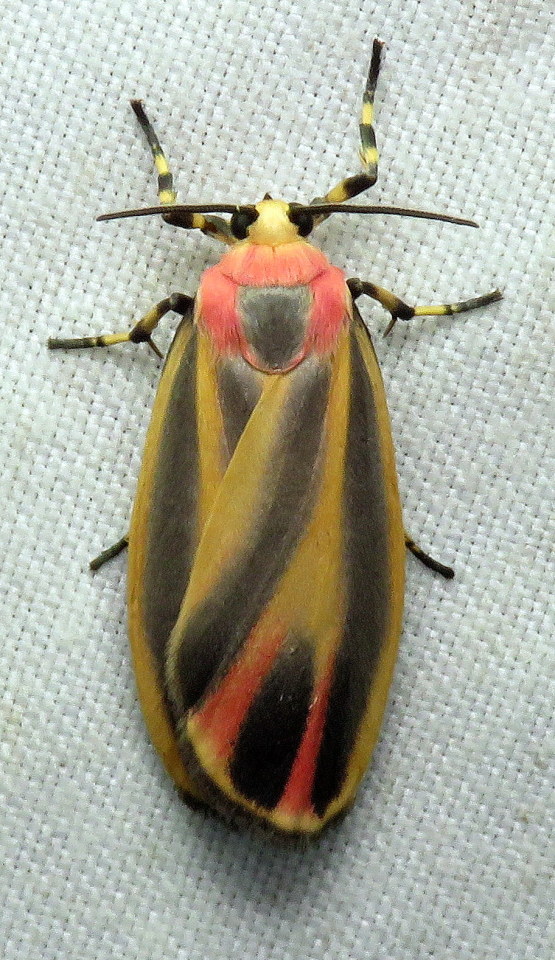
Bug of the Day
Looking at it, you would not think that the painted lichen moth (Hypoprepia fucosa) is a mundane creature, but for real, these things are so darned common, I never think to post them. Anyway, enjoy!
255 notes
·
View notes
Text
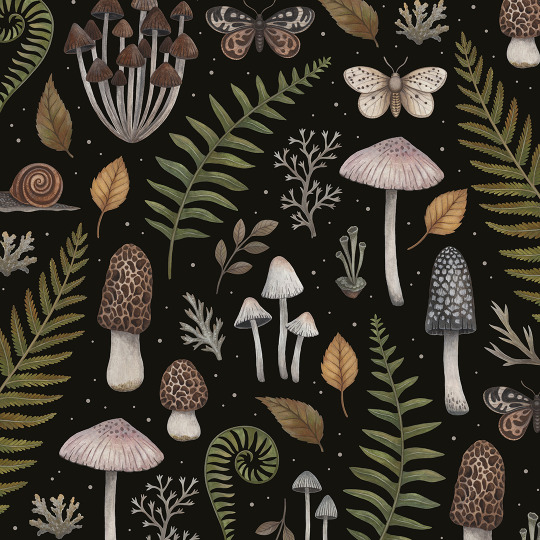
My new pattern 'Forest Treasures' (available at my Redbubble shop).
#illustration#illustrator#illustrators on tumblr#art#artist#artists on tumblr#forest#woods#woodland#mushrooms#fungi#fern#lichen#moss#leaves#moths#butterflies#snail#forest witch#forest fairy#fairycore#nature#nature witch#botanical#botanical art#magical#botanical magic#dark#dark forest
535 notes
·
View notes
Text

The painted lichen moth, with its host "plants": the terrestrial algae Trentepohlia aurea and the lichens Cladonia polycarpoides and Physcia millegrana. Part of my host plant series!
1K notes
·
View notes
Text


Lydia Lichen Moth
Asura lydia
24/03/23 - NSW, Dapto
#invertebrates#invertblr#Arthropods#Arthropoda#bugs tw#insects#insect#insecta#insectblr#insects tw#bugs#bugblr#bug#entomology#Lydia Lichen Moth#Asura lydia#Lithosiini#Lichen Moths#Arctiinae#Noctuoidea#lepidoptera#lepidopterology
154 notes
·
View notes
Text


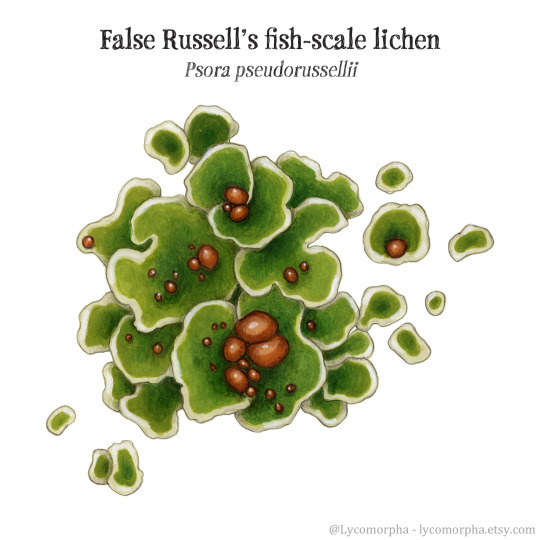
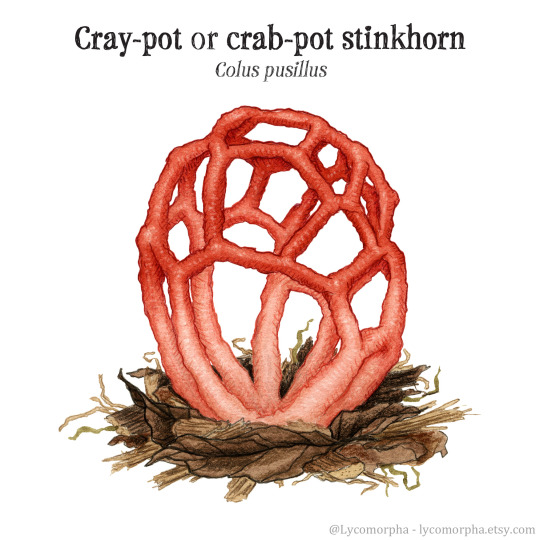
Heads up! If you'd like to get a free natural history minizine full of moths/lichen/fungi/more moths, a discount code for my store, and get notified of workshops & store updates - I have a mailing list! Join here.
HUGE thanks to my Patreon patrons who fund me making zines & are an all-round lovely internet family 💖
(Up til now Moths in a Human Suit zine has been just for patrons, but in this batshit-tory-hellscape I felt we all need more moths etc. Luckily my Patreon folks are kind enough to share 🤗)
#moth#lepidoptera#insect#moths#nature#insects#sciart#fungi#drawing#zine#zines#fungus#mycology#lichen#lichens#lichenology#pencil art#colour pencil#color pencil#naturalhistory#natural history
200 notes
·
View notes
Text
Moth Of The Day #34
Lichen Button Moth
Acleris literana
From the totricidae family. They have a wingspan of 18-22 mm. They tend to inhabit gardens and woodland, as well as similar places with Oak trees. It is found throughout most of Europe.

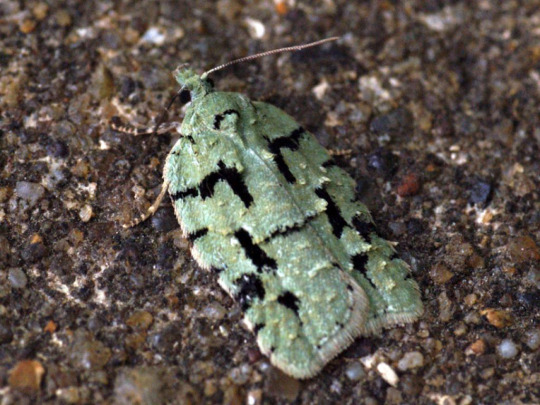
#moth#moths#moth of the day#motd#pretty moth#pretty moths#insect#bug#bugs#insects#lepidopterology#lepidoptera#lichen button moth#totricidae
148 notes
·
View notes
Text
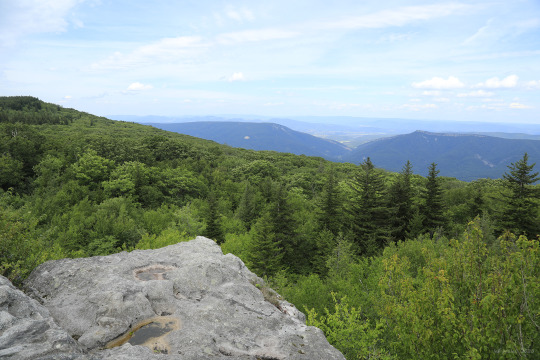
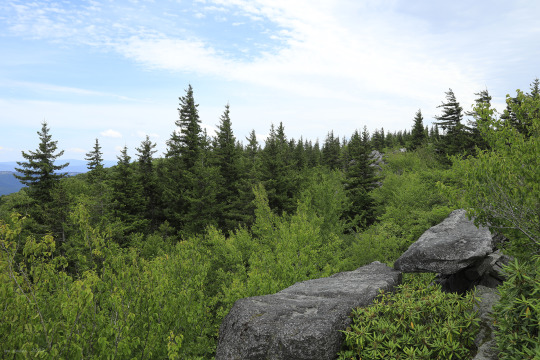
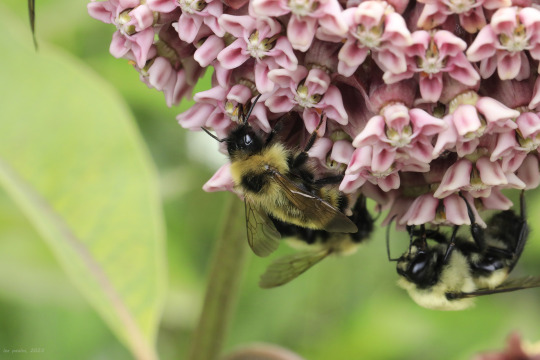


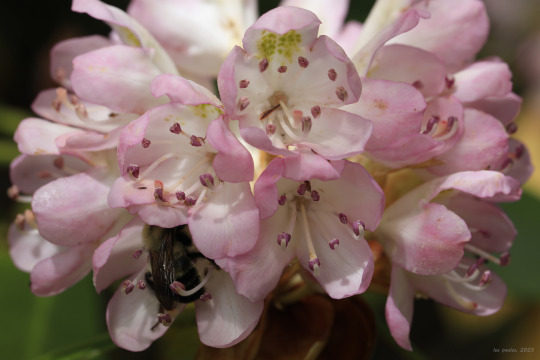

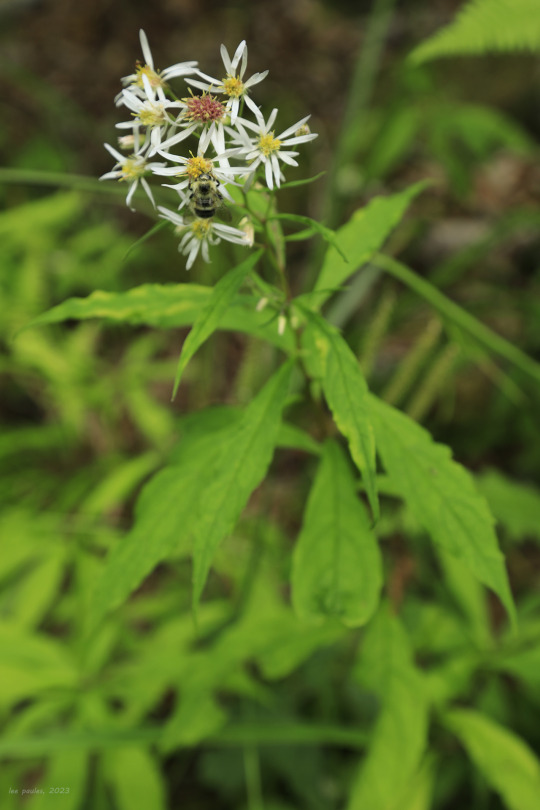
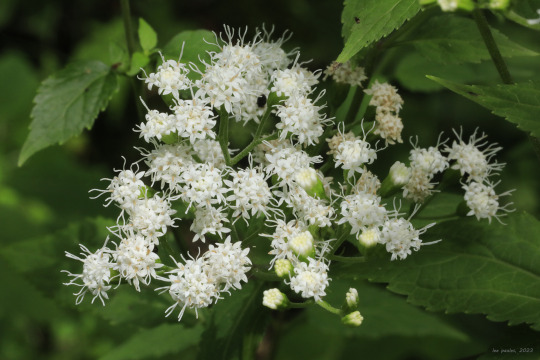
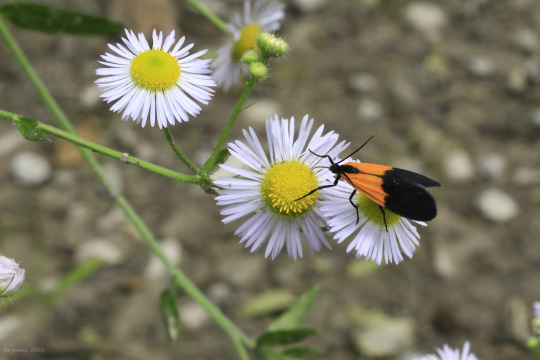

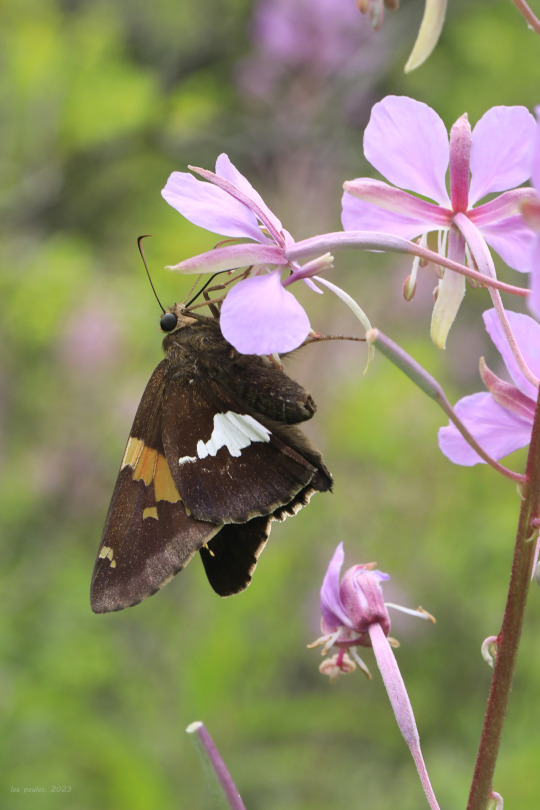

Hazy mid-summer day on the Sods, Part 2.
The planet's fantastic life energy reaches its peak in mid to late summer as the sun's precious light shrinks by the day and every living thing senses its time is running out. On the Plains of Dolly Sods, where the growing season is already compressed by the high elevation, plants compete for the swirling, buzzing masses of insects with their gaudy blooms and produce successive waves of berries to seed new generations. The drone of the insects carrying out their instinctive missions of renewal is constantly in your head as they dive and dart and skirt around you. You barely register as a distraction against the great drama playing out here - one whose stakes are survival, regeneration, salvation. I feel so privileged to have connected with this life force in the most intimate way, even for the few short years of my mayfly existence. I will die a happy man for having immersed myself in its lovely, purposeful chaos and becoming part of something much greater than myself.
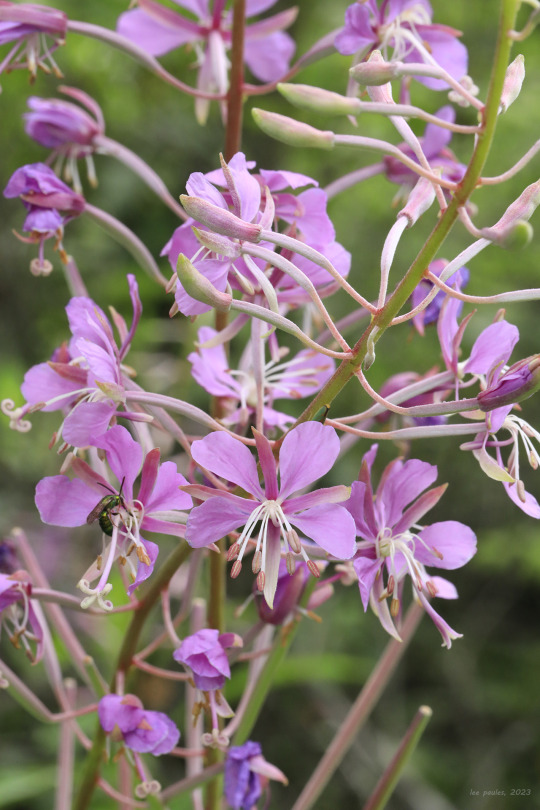
#appalachia#vandalia#west virginia#wildflowers#flora#summer#allegheny mountains#monongahela national forest#dolly sods#common milkweed#great spangled fritillary#silver spotted skipper#great rhododendron#rosebay rhododendron#whorled aster#white snakeroot#black and yellow lichen moth#arabesque orb weaver#fireweed#mountain holly#catberry holly#spider#butterfly#moth#lepidoptera#bumblebee
74 notes
·
View notes
Text

Luna Moth
800 notes
·
View notes
Photo

Cas (c******[email protected]) submitted: I think I’m looking at a lesser yellow underwing moth found in Perth, WA This guy was super small, about 1cm long and 2cm wide, and had beautiful wings when flying
What a tiny cutie! Looks to me like a male clouded footman, Anestia ombrophanes. Females are flightless! Here’s a woman...
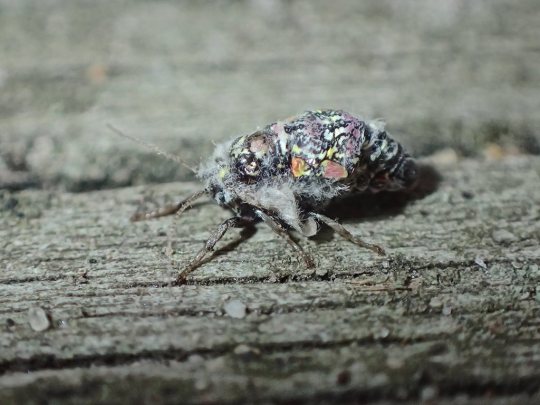
I love her :)
Photo by johneichler
119 notes
·
View notes
Text
youtube
Watch the American Climate Leadership Awards 2024 now: https://youtu.be/bWiW4Rp8vF0?feature=shared
The American Climate Leadership Awards 2024 broadcast recording is now available on ecoAmerica's YouTube channel for viewers to be inspired by active climate leaders. Watch to find out which finalist received the $50,000 grand prize! Hosted by Vanessa Hauc and featuring Bill McKibben and Katharine Hayhoe!
#ACLA24#ACLA24Leaders#youtube#youtube video#climate leaders#climate solutions#climate action#climate and environment#climate#climate change#climate and health#climate blog#climate justice#climate news#weather and climate#environmental news#environment#environmental awareness#environment and health#environmental#environmental issues#environmental justice#environment protection#environmental health#Youtube
7K notes
·
View notes
Text
Moth of the Week
North Island Lichen Moth
Declana atronivea
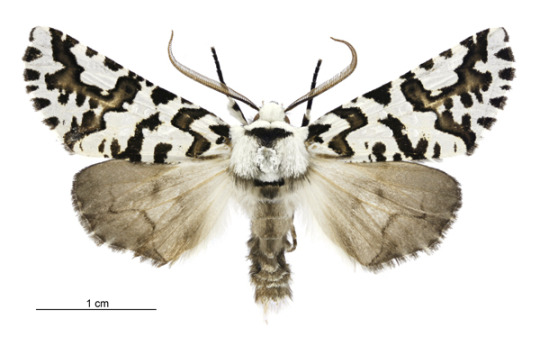
The North Island lichen moth or North Island zebra moth is in the family Geometridae. It was first described in 1865 by Frances Walker as Detunda atronivea, which was later changed to the Declana genus. It’s species name “atronivea” can be broken into the Latin words atro meaning black and nivea meaning snowy. Predictably, they are found in the North Island of New Zealand. Finally rounding out the name, the common name “zebra” comes from its black and white disruptive coloration and “lichen” comes from how this species camouflages itself by resting on lichen.
Description The forewings, head, and back are marked by a mottled white and black/dark brown pattern. It is very similar to the South Island lichen moth however, the North Island lichen moths’ wings are more mottled and present a rare form patterning in most: asymmetry. On its gray thorax is a black rectangular mark which also makes it differ from its neighbor. It’s hindwings and antennae are also gray with the hindwings having a gradient darkening towards the lower edge and a dark outline. The hindlegs follow the same gradient while the top two legs are black. Males have larger antennae while females have larger bodies.
Wingspan Range: 4 - 4.5 cm (≈1.6 - 1.8 in)
Diet and Habitat This species eats plants in the Araliaceae family, a family of flowering plants. Two examples of this are Five Finger (Neopanax arboreus) and Lacewood (Pseudopanax crassifolius). Adult moths do not feed.
This species is endemic to, or only found on, New Zealand. It is found exclusively in the North Island:
- Rare in Whanganui region (1913)
- Common around Mount Taranaki and Mount Ruapehu (1913)
- Also found in Wellington, Otaki and Napier
Mating Adults emerge from their cocoons in February and March and the eggs are laid singly in late October. Adult moths presumably mate near these timeframes. They begin green, transition to blue with purple spots in a week, and become a light purple before hatching. Hatching takes 11 days.
Predators This species avoids predation by camouflaging itself against lichen. The black and white pattern of its head, back, and forewings (which hide the hindwings while at rest) blend into the mottled surroundings. Additionally, the pattern creates an effect called disruptive colorations which breaks up the animals outline and makes them harder to spot. This works against potential predators such as birds.
Fun Fact Not only does the wing patterning vary on an individual North Island lichen moth’s forewings but even between moths of the same species.
(Source: Wikipedia, Entomological Society of New Zealand, Moth Identification)
#libraryofmoths#animals#bugs#facts#insects#moth#mothoftheweek#lepidoptera#Geometridae#north island lichen moth#north island zebra moth#Declana atronivea
49 notes
·
View notes
Text
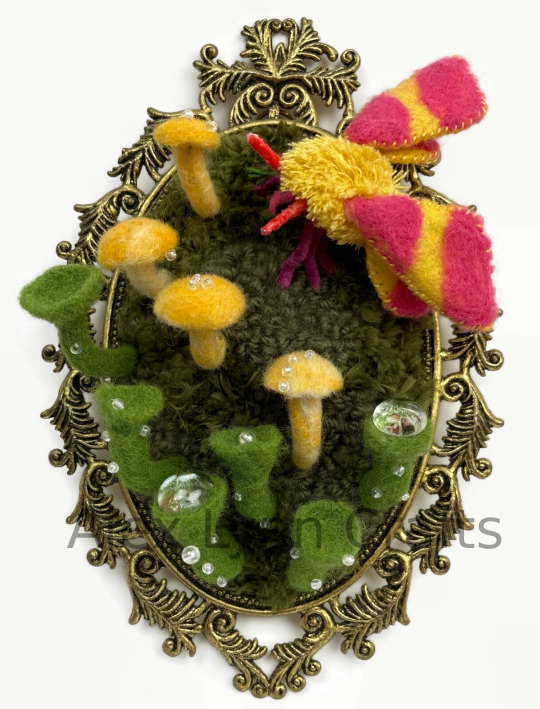
Pixie cup lichen, orange mosscap mushrooms, and a rosy maple moth created out of wool, felt, embroidery, pipecleaners, and beads. The mossy background is punch needle embroidery in a couple different yarns. I got the brass frame from an Etsy shop. The inside of the frame is about 4 inches wide by 6 inches tall.
Getting really into fiber art lately
#nature art#rosy maple moth#fiber art#arts and crafts#crafting#embroidery#needle felting#moss lichen and mushrooms
47 notes
·
View notes
Text

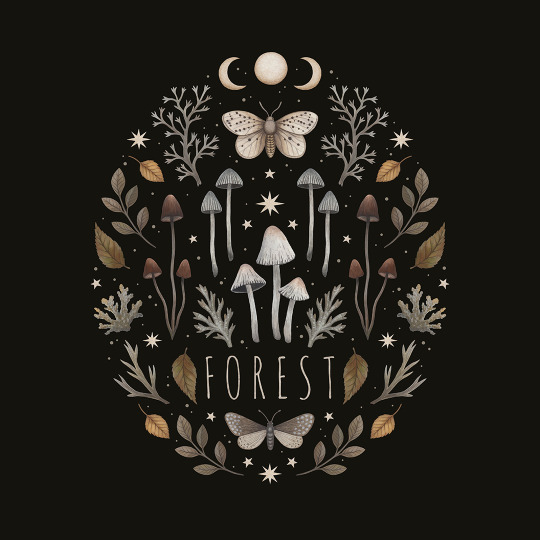
My forest inspired design 'Forest Anatomy No.2' 🍂 I couldn't decide which version I like more, so both are available at my shop (link in bio) 😉
#art#artist#artists on tumblr#illustration#illustrator#illustrators on tumblr#design#forest#forest aesthetic#forest dweller#forest witch#forestcore#nature#nature witch#mushrooms#fungi#fungus#lichen#moth#leaves#autumn leaves#dark aesthetic#dark forest#dark#witchy#magical
45 notes
·
View notes
